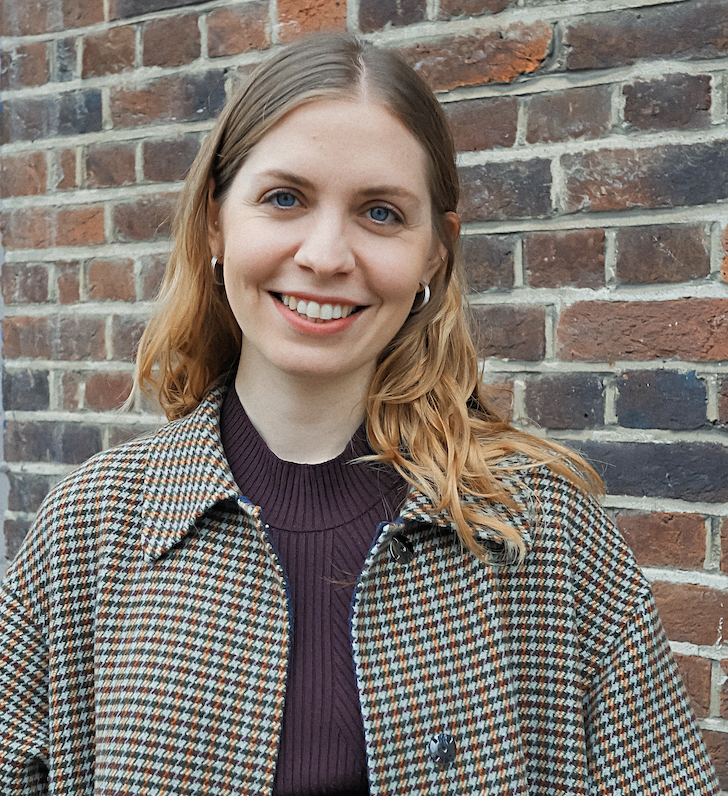How did Romania’s abortion ban in 1966 shape the next generation’s family formation decisions? Find out in our next LCDS Seminar on Wednesday 22 May by Selin Köksal, Assistant Professor in Demography in the Population Studies group at London School of Hygiene and Tropical Medicine.
The talk will take place at the University of Oxford's Faculty of History and online on Wednesday 22 May, 14:00-15:30 BST. Please email the LCDS Office by Monday 20 May if you would like to join in person or online. More information can be found here.
Talk title: Abortion ban and the next generation’s family formation decisions: Evidence from Romania
Joint work with Nicoletta Balbo and Francesco Billari
How did Romania’s abortion ban in 1966 shape the family formation decisions of the significantly larger cohort born as a consequence? Drawing on various theoretical frameworks and mechanisms, we analyse how the timing and decisions regarding family formation of the cohort born after the ban differed from those of the cohort born before. We exploit the discontinuity in birth rates induced by the ban and make use of two complementary data sources: the Romanian Census and the Generations and Gender Survey. Compared to their counterparts born before the ban, we find that while women born after the ban leave their parental home and get married later, men anticipate their first marriage. These gendered effects are mainly driven by women with lower and men with higher parental socioeconomic status. Our results underscore the long-term impact of an abortion ban on the next generation's life course and highlight the importance of an intersectional approach in understanding its effects on family formation.
Bio: Dr Selin Köksal
 Selin Köksal is Assistant Professor in Demography in the Population Studies group at London School of Hygiene and Tropical Medicine. She is a social demographer interested in reproductive experiences and fertility. Her current research explores social and biological factors shaping reproductive behavior and their further repercussions over individuals’ life course.
Selin Köksal is Assistant Professor in Demography in the Population Studies group at London School of Hygiene and Tropical Medicine. She is a social demographer interested in reproductive experiences and fertility. Her current research explores social and biological factors shaping reproductive behavior and their further repercussions over individuals’ life course.


